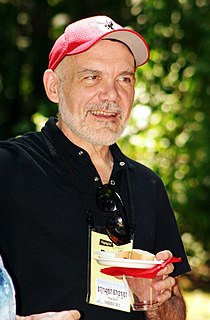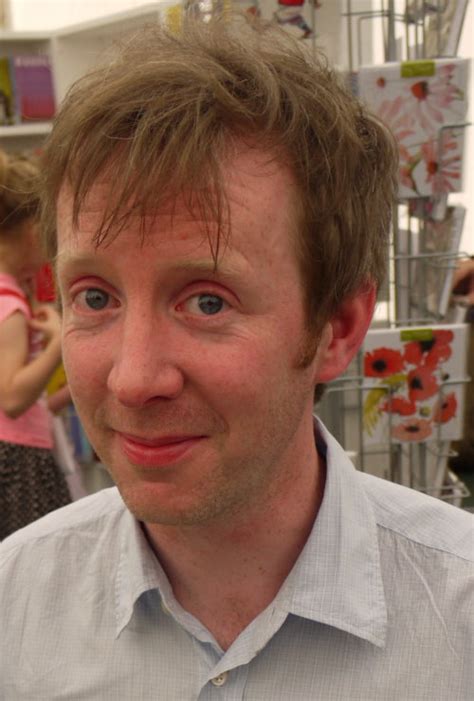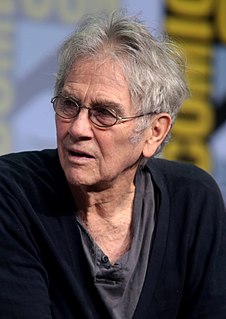A Quote by Tobias Wolff
It's probably why I'm a short story writer. I tend to remember things in the past in narrative form, in story form, and I grew up around people who told stories all the time.
Related Quotes
I regret that there aren't more short stories in other magazines. But in a certain way, I think the disappearance of the short-story template from everyone's head can be freeing. Partly because there's no mass market for stories, the form is up for grabs. It can be many, many things. So the anthology is very much intended for students, but I think we're all in the position of writing students now. Very few people are going around with a day-to-day engagement with the short story.
A form wherein we can enjoy simultaneously what is best in both the novel and the short story form. My plan was to create a book that affords readers some of the novel's long-form pleasures but that also contains the short story's ability to capture what is so difficult about being human - the brevity of our moments, their cruel irrevocability.
Story is the oldest, commonest, most beloved, and most effective form of communication because our life is essentially a story. That's why the Bible is the most realistic of religious books. We can easily ignore or argue away abstractions, but we bump up against concretely real people, things, and events in story, as in life.
Long fiction is wonderful and you can lose yourself in it as a reader and as a writer, but short stories don't allow the same kind of immersion. Often the best stories hold you back and make you witness them. This may be one of the reasons some people reject the form. That and the fact that they are harder work to read. A story will not let you get comfortable and settle in. It is like a stool that is so small that you must always be aware of sitting.
Maybe instead of strings it's stories things are made of, an infinite number of tiny vibrating stories; once upon a time they all were part of one big giant superstory, except it got broken up into a jillion different pieces, that's why no story on its own makes any sense, and so what you have to do in a life is try and weave it back together, my story into your story, our stories into all the other people's we know, until you've got something that to God or whoever might look like a letter, or even a whole word.
I guess the freedom - poetic freedom - because the poetic part of short story form is an attempt to say something that's unsayable about one's incarcerated existence, and it's fun to come up with words to represent that condition, and it's fun to pull the tail of absurdity and rile it up, where you giggle at what you do or you get enthralled and in the short story.







































